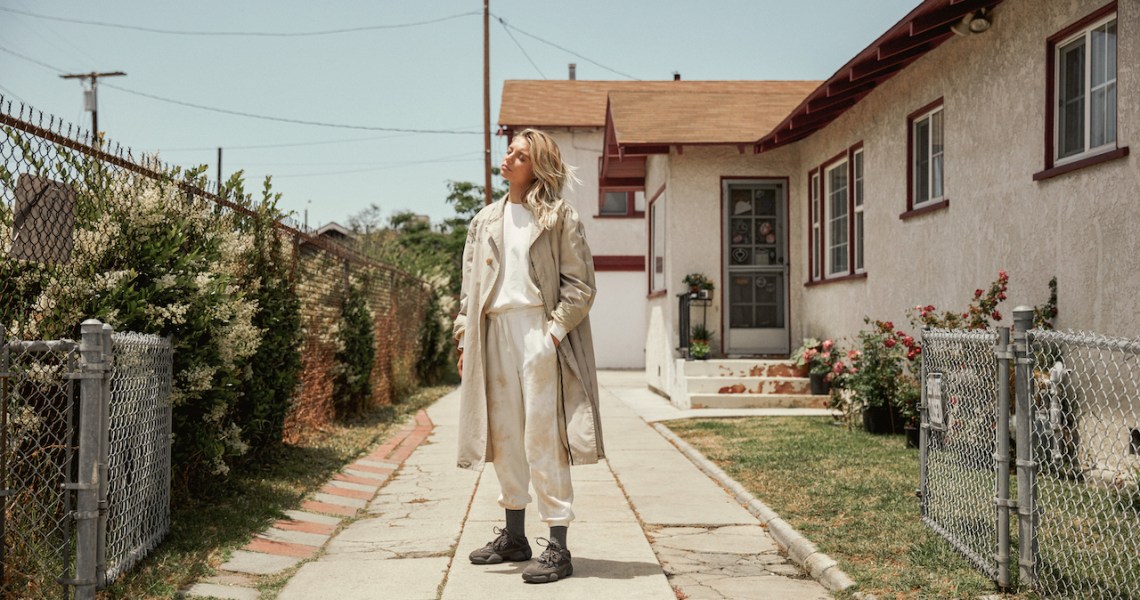Francesca’s, a nationwide chain of fashion and accessories boutiques based in Texas, acquired the 13-year-old digitally native brand Richer Poorer on Tuesday. Effective immediately, Richer Poorer is now a wholly owned subsidiary of Francesca’s.
Francesca’s declined to disclose the terms of the deal, but according to Andrew Clarke, CEO of Francesca’s, the impetus was Richer Poorer’s experience with e-commerce, its wholesale partnerships and its Gen-Z audience. All three — e-commerce, wholesale and Gen Z — are areas where Clarke is targeting growth for Francesca’s. Francesca’s main shopper base is 18- to 25-year-olds, and since the launch of its tween-focused brand Franki in April 2022, it’ has’s been seeking a younger audience.
“Creating this new cooperative of brands allows us to benefit from a diverse bench strength of expertise, while setting up the whole for greater reach into our target markets,” Clarke said. “This will deliver increased operational efficiencies, accelerate our omnichannel capabilities and open new revenue streams [like wholesale].”
Seventy-five percent of Richer Poorer’s business is DTC but it has relationships with wholesalers including Revolve, Bloomingdale’s and Nordstrom. Francesca’s operates more than 400 of its own stores across the country. As part of the deal, Richer Poorer CEO Iva Pawling will now serve as president of Richer Poorer, Franki and wholesale for the entire company. Richer Poorer’s employees will remain on staff, and the brand’s operations are set to continue as normal. Francesca’s plans to orchestrate a relaunch of Richer Poorer in 2024.
In 2020, Francesca’s had reached over $400 million in revenue. However, the company’s declined to share revenue since going bankrupt, being acquired by TerraMar Capital and taken private in 2021. This is Francesca’s first acquisition.
Richer Poorer saw growth during the pandemic, fueled by demand for loungewear and the rising tide of e-commerce sales in 2021. The company increased its direct and online sales from 30% of revenue to 75% between 2020 and 2021. Since then, it’s launched a number of new categories in apparel like trousers and blazers.
The acquisition comes just after other DTC-focused and digitally-native brands were acquired by larger retail brands. In April, Express bought Bonobos from Walmart, and FullBeauty Brands bought the plus-size-focused fashion brand Eloquii from Walmart. Going back a bit further, Victoria’s Secret bought the online intimates brand Adore Me in November of last year.
Ad position: web_incontent_pos1
“The shifting DTC landscape has required strong startup brands like Richer Poorer to seek new means of capital and growth,” said Ryan Davis, executive managing director at Tiger Capital, a partner in the acquisition. New challenges like Apple’s changing privacy rules are making digital customer acquisition harder and more expensive, plus venture capital firms have become less willing to dump money into brands without clear paths to profitability. Together, this has left DTC brands struggling to see the same growth they saw in the 2010s.




